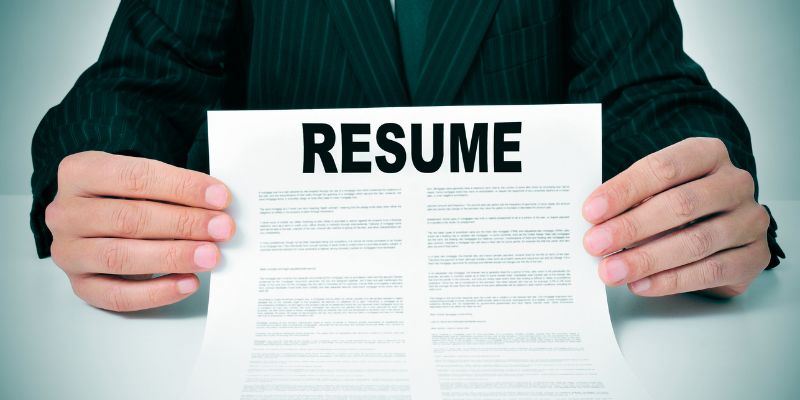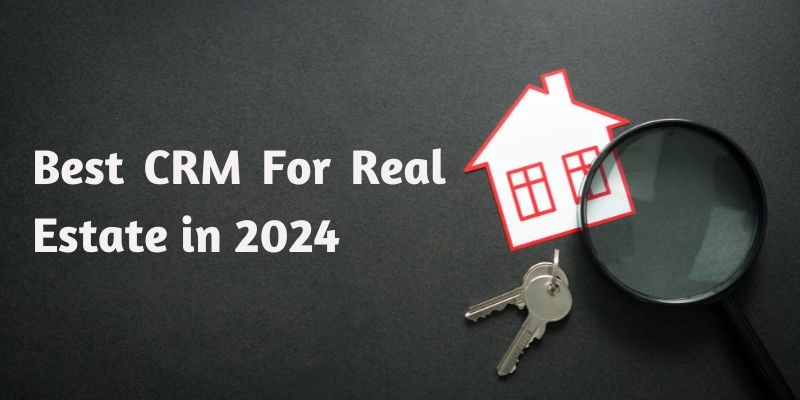Becoming a property valuer is a crucial aspect of the real estate industry. Property valuers play a significant role in determining the value of various properties, such as residential houses, commercial buildings, and land.
Their expert evaluations provide crucial information for buyers, sellers, investors, and financial institutions to make well-informed decisions, thus making them a key part of the system and sometimes indispensable.
This is why more and more professionals are looking for guides on how to become a property valuer, and this is exactly what we will cover today.
Property valuers ensure transparency and promote client trust in property transactions and investments by offering objective and reliable assessments.
To pursue a career as a property valuer, aspiring individuals should focus on gaining relevant education, obtaining necessary certifications, and developing strong analytical skills.
These steps that we are about to discuss are the path toward a successful and rewarding career in this dynamic real estate appraisal field.
Let us explore all this further in this article on becoming a certified practicing valuer.
5 Steps to Become a Property Valuer
Pursuing a career as a property valuer can be an exciting and learning experience. If you have a keen eye for real estate and want to assess the value of properties accurately, then here are the five essential steps to becoming a registered property valuer.
From formal education and experience to licensing and practical techniques, we’ll guide you through the process of entering this dynamic field. Let’s dive in.
1. Earn a Bachelor’s Degree
The first step toward becoming a property valuer is earning a Bachelor’s Degree in a relevant field, like real estate or property valuation. Undoubtedly, it comes with a tangible cost, but this academic foundation provides essential knowledge of property markets, economics, and valuation techniques.
A degree equips aspiring valuers with the analytical and critical thinking skills needed to assess properties accurately. It sets the groundwork for a successful career in this dynamic industry and how to become a valuer, ensuring you’re well-prepared to navigate the complexities of real estate appraisal confidently.
Invest in your education to unlock exciting opportunities and make a significant impact as a property valuer.
2. Consider a Graduate Diploma
Consider pursuing a graduate diploma or postgraduate studies in property valuation to enhance your expertise in the field and take another step toward becoming a professional valuer. This option offers significant benefits, providing additional specialization and advanced knowledge in real estate appraisal.
The program covers in-depth valuation methods, market analysis, and legal aspects, making you a well-rounded professional. With a graduate diploma under your belt, you’ll stand out in the competitive job market, gaining credibility among clients and employers.
A graduate diploma complements your bachelor’s degree, ensuring you possess the necessary skills and insights to excel as a valuer, offering top-notch services in the real estate industry.
3. Apply for Membership
Apply for membership in professional organizations as you progress in your journey to become a valuer. Membership of relevant licensing authorities offers a wealth of benefits, including access to valuable resources, industry insights, and networking opportunities.
Interacting with experienced professionals helps you avoid common mistakes and gain practical knowledge. Also, being part of a recognized organization adds to your professional credibility and increases your trust among potential clients.
Embrace these opportunities to develop your skills further, stay updated with industry trends, and build a strong network that can propel your career as a successful property valuer.
4. Prepare a Professional Resume
Creating a professional resume tailored to the property valuation field is crucial for landing your dream job. Highlight your attention to detail, analytical abilities, and strong communication skills to stand out among candidates.
Include relevant coursework, internships, and any experience in the real estate industry. Mention your proficiency in sales comparison, cost approach, and income approach techniques, showcasing your ability to assess property values accurately.
This is a crucial step in your journey toward how to become a property valuer. A well-crafted resume will demonstrate your suitability as a property valuer and convince potential employers of your expertise and dedication in this dynamic and rewarding profession.
5. Obtain Experience to Become Certified
Obtaining experience under experienced valuers or in a property valuation firm is vital to becoming a certified valuer. In this last step on how to become a property valuer, you need practical exposure.
Working alongside professionals allows you to learn practical valuation techniques, gain exposure to diverse properties, and understand real-world challenges.
Seek internships, entry-level positions, or shadow experienced valuers to hone your skills and knowledge. Completing a licensing course while gaining experience will strengthen your credentials and prepare you for certification.
Skills and Qualities Required to Become a Property Valuer
To become a professional property valuer, essential skills include research skills, strong analytical abilities, and practical communication skills. These qualities enable accurate property assessment and effective communication with clients and stakeholders.
Now we will explore each skill in detail to understand its significance in the property valuation profession.
1. Mathematical Skills
Strong mathematical skills are crucial in property valuation, particularly in a flourishing real estate market. Valuers regularly perform complex calculations, analyze data, and work with financial models to determine property values accurately.
From computing market trends to evaluating investment returns, mathematical proficiency ensures precise valuations that benefit buyers, sellers, and investors alike. Additionally, it empowers valuers to interpret market data, enabling them to provide valuable insights to clients.
In the dynamic world of property valuation, proficiency in mathematics enhances a valuer’s credibility and contributes significantly to making informed decisions in the ever-changing real estate landscape.
2. Communication Skills
To become a property valuer, effective communication skills are paramount. Aspiring valuers must communicate adeptly with clients, colleagues, and industry professionals.
Active listening enables valuers to understand client needs and concerns, ensuring better service and overall satisfaction. Moreover, persuasive and articulate communication is essential for negotiating and closing deals successfully.
By cultivating strong communication skills, individuals can pave the way for a successful career in the dynamic field of property valuation.
3. Research Skills
Valuers rely on research skills to gather and analyze data crucial for property valuation. They meticulously study property specifics, market trends, and legal regulations.
Conducting thorough research, evaluating reliable sources, and staying updated with real estate market insights are essential. By polishing these skills, property valuers are able to make informed decisions, accurately assess property values, and provide valuable advice to clients.
Remaining well-informed ensures they navigate the ever-changing real estate landscape confidently and precisely, positioning themselves as trusted professionals in the competitive property valuation industry.
4. Analytical Skills
Analytical skills are fundamental for property valuers as they assess property values, evaluate investment opportunities, and provide informed recommendations.
Valuers use various valuation methods, such as the sales comparison approach and income approach, to arrive at accurate property values. They analyze market data, economic trends, and property features to make well-informed assessments.
Strong analytical abilities enable valuers to interpret complex information, identify potential risks, and guide clients in making sound real estate decisions. By sharpening their analytical skills, aspiring valuers can excel in the dynamic field of property valuation while becoming professional property valuers.
Conclusion
Becoming a property valuer requires a combination of essential skills and qualities. From strong mathematical and analytical abilities to effective communication and research skills, each aspect plays a vital role in the success of aspiring valuers.
They need to acquire a solid educational foundation, gain practical experience, and consider pursuing advanced studies to excel in this dynamic industry.
But one of the most important guidelines on how to become a property valuer is that each step should be taken with dedication and continuous learning. Because with these two things in your arsenal, one can navigate the real estate market with confidence and precision, making well-informed decisions as a property valuer.
If you aspire to become a property valuer, seek professional guidance from well-reputed and approved real estate training programs. These programs provide comprehensive education, practical experience, and industry insights to kickstart your career as a successful property valuer.
Embark on a rewarding journey in the world of property valuation. Take the first step toward a fulfilling career—learn how to become a property valuer today!












